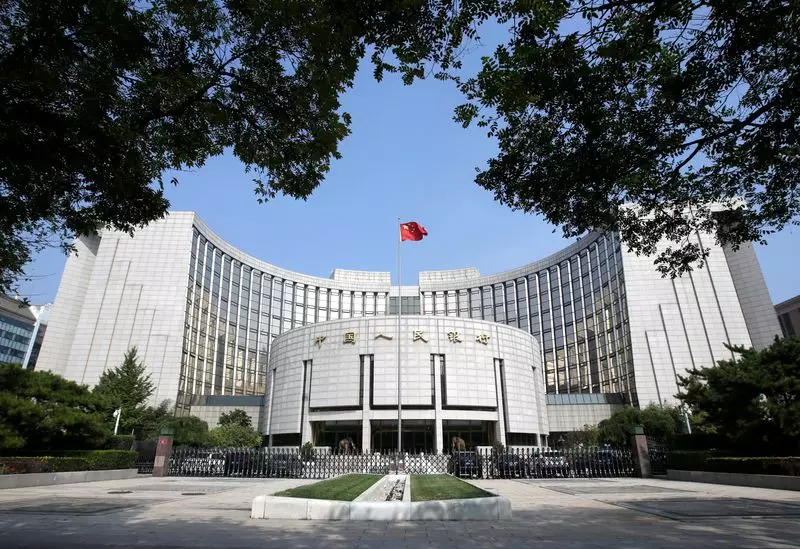China made unexpected moves in lowering key short-term policy rates and benchmark lending rates on Monday in an attempt to stimulate growth in its economy. This decision comes after the country reported disappointing second-quarter economic data and as top leaders convened for a critical plenum meeting. The move signals China’s efforts to combat deflation, address a looming property crisis, manage rising debt levels, and improve overall consumer and business sentiment.
China is facing a slew of challenges, including trade tensions amidst concerns from global leaders about its export dominance. The country’s growth momentum slowed significantly in the second quarter, prompting the cuts as a response to meeting its growth target. It is evident that policymakers are taking proactive steps to stabilize the economy and prevent further deterioration.
The People’s Bank of China (PBOC) announced a reduction in the seven-day reverse repo rate and adjusted the benchmark lending rates accordingly. This move aims to improve open market operations and provide support to the economy. Following the rate cuts, the yuan experienced some pressure, and Chinese sovereign bond yields saw a decline across various maturities. The adjustment in lending programme collateral requirements was perceived by analysts as a strategic step to maintain financial stability.
The decision to cut rates aligns with growing expectations for the Federal Reserve to implement rate cuts as well. This adjustment is not only aimed at addressing internal economic challenges but also at managing external pressures, particularly in the currency market. The PBOC’s swift action underscores its commitment to achieving economic targets in line with broader policy objectives.
Many economists anticipate further rate reductions in China following the Federal Reserve’s potential rate-cutting cycle. The PBOC’s statement emphasized the importance of counter-cyclical adjustments to support the real economy. As China restructures its monetary policy transmission channels, it signals a shift towards a more market-oriented interest rate mechanism. This move reflects the central bank’s efforts to enhance policy effectiveness and ensure financial stability.
China’s unexpected rate cuts highlight the government’s recognition of the challenges facing its economy. By taking decisive action, policymakers are demonstrating a proactive stance towards addressing economic risks and supporting sustainable growth. The impact of these rate cuts on the broader economy remains to be seen, but they signal a clear commitment to managing both domestic and global economic uncertainties.

